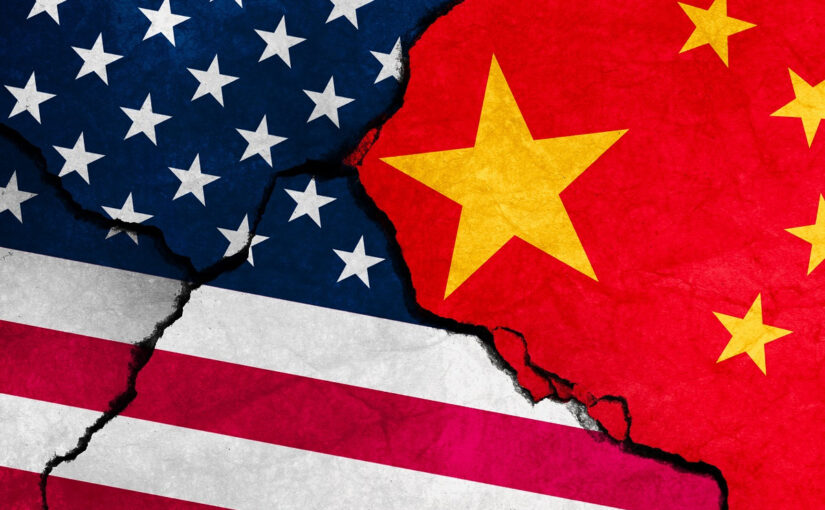A newcomer to politics would likely assume that members of the global left support the People’s Republic of China. It is after all led by a communist party, with Marxism as its guiding ideology. During the period since the Communist Party of China (CPC) came to power in 1949, the Chinese people have experienced an unprecedented improvement in their living standards and human development. Life expectancy has increased from 361 to 772 years. Literacy has increased from an estimated 20 percent3 to 97 percent.4 The social and economic position of women has improved beyond recognition (one example being that, before the revolution, the vast majority of women received no formal education whatsoever, whereas now a majority of students in higher education institutions are female).5 Extreme poverty has been eliminated.6 China is becoming the pre-eminent world leader in tackling climate change.7
Such progress is evidently consistent with traditional left-wing values; what typically attracts people to Marxism is precisely that it seeks to provide a framework for solving those problems of human development that capitalism has shown itself incapable of satisfactorily addressing. Capitalism has driven historic innovations in science and technology, thereby laying the ground for a future of shared prosperity; however, its contradictions are such that it inevitably generates poverty alongside wealth; it cannot but impose itself through division, deception and coercion; everywhere it marginalises, alienates, dominates and exploits. Seventy years of Chinese socialism, meanwhile, have broken the inverse correlation between wealth and poverty. Even though China suffers from high levels of inequality; even though China has some extremely rich people; life for ordinary workers and peasants has continuously improved, at a remarkable rate and over an extended period.
Yet support for China within the left in countries such as Britain and the US is in fact a fairly marginal position. The bulk of Marxist groups in those countries consider that China is not a socialist country; indeed many believe it to be “a rising imperialist power in the world system that oversees the exploitation of its own population … and increasingly exploits Third World countries in pursuit of raw materials and outlets for its exports.”8 Some consider the China-led Belt and Road Initiative to be an example of “feverish global expansionism”.9 The Alliance for Worker’s Liberty, with characteristic crudeness, describe China as being “functionally little different from, and in any case not better than, a fascist regime,”10 every bit as imperialist as the US and politically much worse.
The growing confrontation between the US and China is not, on these terms, an attack by an imperialist power on a socialist or independent developing country, but rather “a classic confrontation along imperialist lines”.11 “The dynamics of US-China rivalry is an inter-imperial rivalry driven by inter-capitalist competition.”12 The assumption here is that China is “an emerging imperialist power that is seeking to assert itself in a world dominated by the established imperialist power of the US”.13 If that is the case, those that ground their politics in anti-imperialism should not support either the US or China; rather they should “build a ‘third camp’ that makes links and solidarity across borders”14 and adopt the slogan Neither Washington nor Beijing, but international socialism.”
It’s an attractive idea. We don’t align with oppressors anywhere; our only alignment is with the global working class. Eli Friedman eloquently presents this grand vision in the popular left-wing journal Jacobin: “Our job is to continually and forcefully reaffirm internationalist values: we take sides with the poor, working classes, and oppressed people of every country, which means we share nothing with either the US or Chinese states and corporations.”15
Continue reading Neither Washington Nor Beijing?
